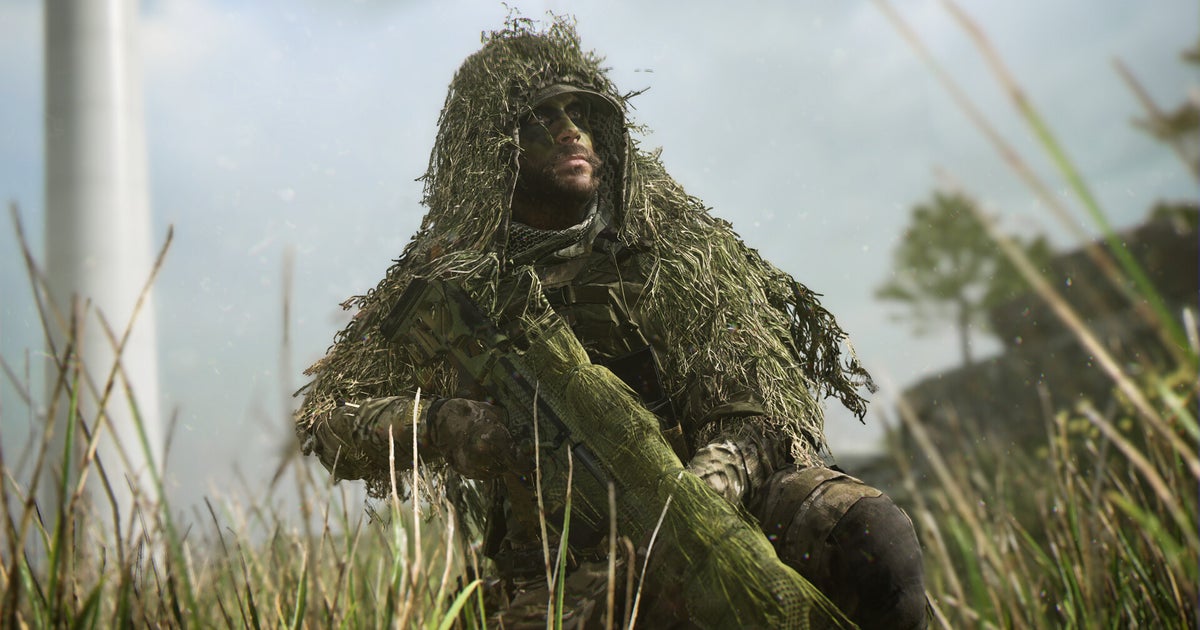GamesIndustry.biz Game Changers is a series of profiles on the groups and individuals going the extra mile to make the games industry a better place. These interviews encompass folks from around the world helping to improve conditions and attitudes towards diversity, equity, inclusion, accessibility, mental health and more. You can read more Game Changers interviews here.
While a big part of Game Changers is spotlighting the unheralded people working to make the industry better, we would also like to recognize some people who have been doing the work for a while now and may have been heralded previously, but we feel are deserving of further heralding still for their day-in and day-out work over a prolonged span of time.
With that in mind, we are once again heralding Montreal-based non-profit Pixelles. We featured it previously in 2014 and 2019, but this marks the organization’s tenth year of operations, an impressive milestone of longevity in an industry as fast-moving and frequently turbulent as games.
The volunteer-run group is “dedicated to empowering more women game developers and improving gender diversity across the games industry,” co-founder Rebecca Cohen-Palacios tells us, and it works toward those goals through a variety of programs, including its annual eight-week game incubator program for gender-marginalized developers, its three-month-long online Game Writing Program, and its GDC Scholarship Program, not to mention various game jams, workshops, and mentorship events.
“Since 2013, Pixelles programs have had a profound impact in not only local game communities, but worldwide too,” Cohen-Palacios says. “And women who previously didn’t consider a career in game development are now employed in studios of all sizes, elevating their peers and leading teams. We directly address issues such as introduction to STEM, the leaky pipeline, glass ceiling, imposter syndrome, issues surrounding retention and many more. And thanks to our funding program, teams and games who otherwise would not have qualified for traditional funding structures got what they needed to get off the ground and across the finish line.
“Over the years, we’ve helped thousands of peoples make games not only as a career, but as a method of discovery, a form of expression, a teaching tool, an art form, and even something to share with their kids.”
Like many of the women Pixelles supports, Cohen-Palacios didn’t always see a place for herself in games. She used to be a web designer when she attended a “Make Your First Game” program for women in Toronto funded by some people she knew. She wound up loving it, and when the funders found out she was moving to Montreal, they asked if she would like to run something similar in that city alongside Tanya X. Short.
“I had such an amazing experience and it was a no-brainer for myself to give back to the very community that helped me discover game making,” Cohen-Palacios says, adding, “Montreal was such a large game hub for game development and there was so little support at the time for women, so it was just a perfect fit for an organization for ours to exist.”
Pixelles’ first six-week program launched in January of 2013, helping ten women developers making their first game.
“We had hundreds of applicants just for those ten spots, and that signaled to us that Montreal really needed more support to get women in games and there was just nothing there at the time,” Cohen-Palacios says. “From there, we added a mentorship program and workshops, and we built more and more programs to serve the different needs of the community.”
In the decade since, diversity and representation have been undeniably popular ideas for the industry to at least pay lip service to. But how much tangible progress does Cohen-Palacios believe the industry has made on this front?
“Overall there has been some support for diversity throughout the industry, but if I’m being completely honest, without organizations like ours – many of which are also run by volunteers – I can say that we would not see the same kind of progress towards a more diverse games industry,” she says.
“So it’s extremely vital that studios, companies, industry alliances and whoever else actively go out and support not only large non-profits but also local organizations who are going out and doing the heavy lifting to support local game developers. And that support needs to be especially meaningful and go beyond one-off events, recruitment pushes, and International Women’s Day. Some ways for people to do that are to offer their resources or space, pay volunteer hours for employees, and no-strings-attached sponsorship grants.”
Pixelles is entirely volunteer-run from the directors to the coordinators to everyone making the actual events happen, but that doesn’t mean there are no rewards for the work.
“I really love it when someone comes back to me and tells me how much of an impact the organization or the program they followed had on their careers, on their confidence, or being the very factor for them joining the games industry,” Cohen-Palacios says. “I just love hearing we helped their dreams come true and them excitedly telling me, ‘Now I want to help someone else’ or be a coordinator for a program or be happy to volunteer their hours. All of these things means we’re making progress, and someone coming back means this organization is having a ripple effect.
“You help someone, and their ring of influence builds out and they help someone else, and that person helps someone else; it goes beyond one person.”
That help is especially important these days. Cohen-Palacios says 2022 was a down year for sponsorship at Pixelles, and the group would love to see that rebound in 2023.
“There is always a need for more sponsorship. Our programs don’t happen without funding, without resources. Anything we get helps make it all possible because what we do is entirely free for anybody who wants to participate.”


